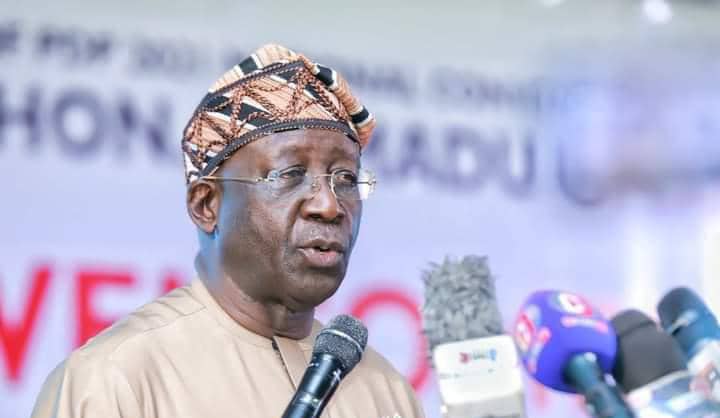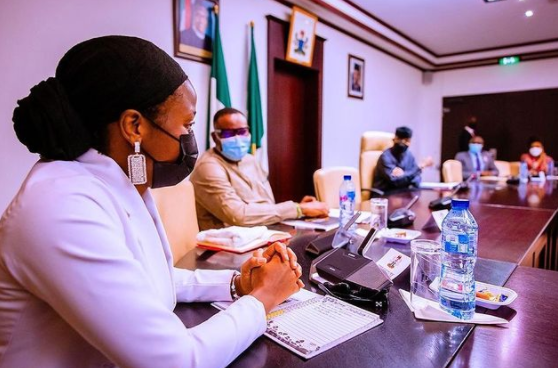Ford Foundation has launched a $3 million extractive industry and climate change governance fund for countries in West Africa.
In a statement issued on Friday, the organisation said the five-year initiative would promote equitable governance of natural resources for sustainable and inclusive development in the region.
According to the statement, the primary focus will be on Nigeria and Ghana, and the fund will be hosted by Africa Centre for Energy Policy (ACEP) to support a network of resource governance organisations, civic actors and anti-corruption organisations to address inequality as it relates to the natural resources sector in the region.
According to the statement, the pandemic and dwindling funding support has made it such that “civil society organisations in West Africa are facing significant challenges that impact their sustainability and capacity to effectively promote policy actions that target inequality and injustice”.
Advertisement
Anthony Bebbington, director of Ford’s natural resources and climate change programme, said the fund will address the needs of local communities affected by resource extraction and adopt development models that will benefit them.
“With renewed efforts toward energy transition, there is an opportunity to transform the natural resources sector toward embracing equitable governance and sustainable practices,” he said.
“An energy transition that is both low carbon and socially just will be an asset that helps economies to thrive in West Africa at the same time as it mitigates the impacts of climate change.
Advertisement
“Key to this is centering the needs of local communities affected by resource extraction and a re-envisioning of development models and energy systems that benefits communities and sustains the planet.”
On his part, Emmanuel Kuyole, programme officer for Ford’s natural resource and climate change programme, said “to thrive, we need a strong civil society that can help shape a more sustainable future for West Africa”.
“As COVID-19 exacerbates deep-seated inequalities, funders must double down their support for civil society organisations to influence decisions that affect the communities they represent,” he added.
Advertisement
Add a comment






